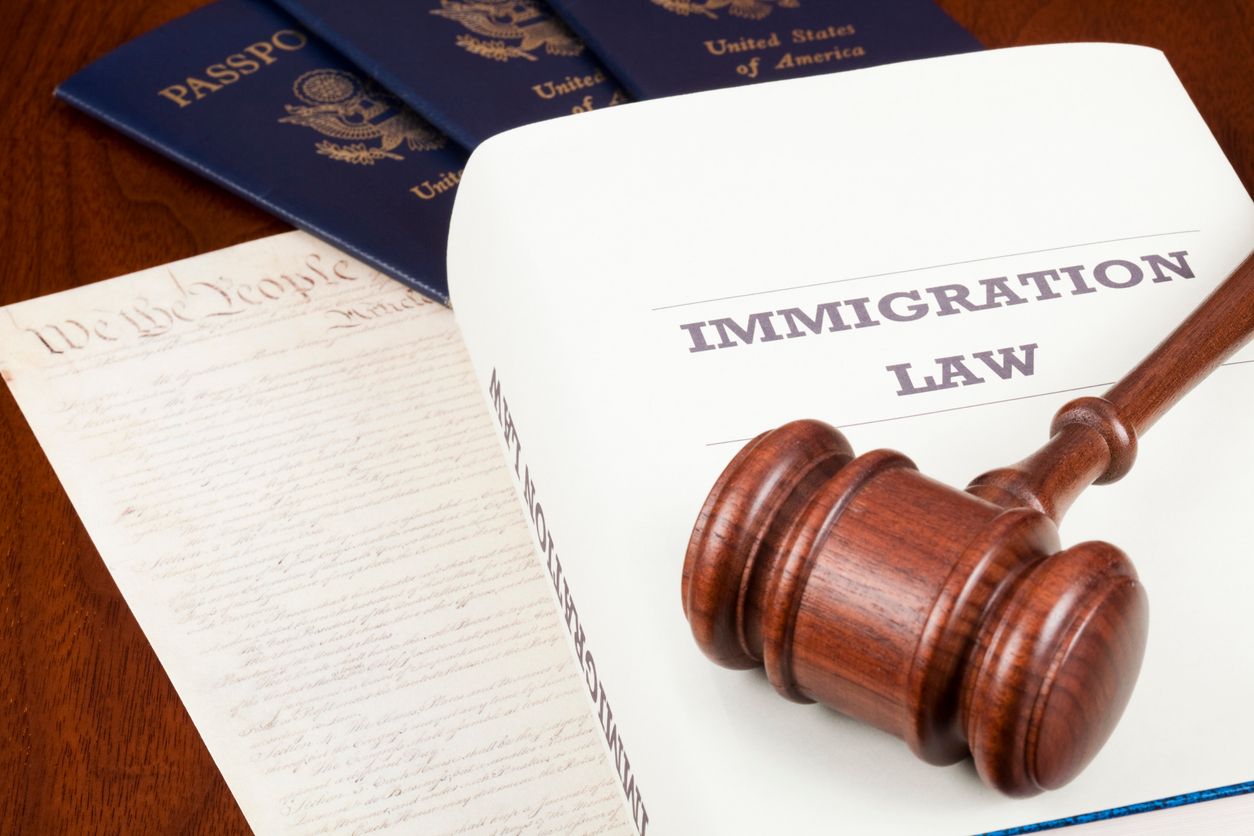By David Owens
•
January 17, 2025
Mobile, AL. United States, January16,2025 ··Johnstone Adams LLC has been recognized in the 2025 edition of Best Law Firms*, a testament to its unwavering commitment to legal excellence. Ranked by Best Law Firms regionally in 8 practice areas, Johnstone Adams LLC has distinguished itself in the legal industry, earning this prestigious accolade. Firms included in the 2025 Best Law Finns& list are recognized for professional excellence with impressive ratings from clients and peers. To be considered for this milestone achievement, at least one lawyer in the law firm must be recognized in the 2025 edition of The Best Lawyers in Americaf). "At Best lawyers, we are proud to recognize law firms that show an unwavering commitment to excellence, innovation, and client satisfaction, • said Philip Creer, Chief Executive Officer of Best lawyers. "In the legal arena. Credibility is earned through consistent quality, which has propelled these firms to the forefront of the legal industry. • Achieving a ranking in Best Law Firms signifies high-quality legal practice and a depth of legal proficiency. Recognized firms, categorized into three tiers, receive acclaim on both national and metropolitan levels, reflecting the extent of their practice and geographic reach. Receiving a tier designation represents an elite status, reflecting the integrity and reputation earned by law firms. The 2025 edition of Best Law Firms* includes rankings in 75 national practice areas and127 metropolitan-based practice areas. The highest-rated firm in each national practice area attains the prestigious "Law Firm of the Year" honor. The transparent collaborative research process employs qualitative and quantitative data from peer and client reviews, supported by proprietary algorithmic technology, to produce a tiered system of industry-led rankings of the top 4% of the industry. Johnstone Adams LLC received the following rankings in the 2025 Best Law Firms®: • Regional Tier 1 o Mobile • Employment Law - Management • Labor Law - Management • Litigation - Labor and Employment • Workers• Compensation Law - Employers • Regional Tier 2 o Mobile • Employee Benefits (ERISA) Law • Health Care Law • Litigation - Construction • Tax Law ### About Johnstone Adams LLC Johnstone Adams LLC is committed to providing its clients with the full range of services necessary to meet their legal needs. Our lawyers develop and maintain the knowledge and experience to provide top notch legal representation consistent with the needs of our clients, both as to time and expense. Johnstone Adams, LLC specializes in the following practice areas: • Banking, Finance & Creditors• Rights • Business and Corporate including Business Dispute and Shareholder Rights Litigation • Construction Litigation • Employment, Labor and Workers• Compensation Law • ERISA, Tax, Trusts & Estates • Health Care including Mental Health • Immigration including Employment, 1-9 Compliance and Family • Insurance Litigation: (1) Defense: Construction & Completed Operations; Major Claims & Professional Liability; (2) Coverage and Regulatory: Agency, Commercial, Fidelity, Personal lines & Title • Real Estate including Conveyancing, Environmental & Zoning • Real Estate Litigation, including Conveyancing, Lien Priorities & Titles For more than a century Johnstone Adams LLC has strived to improve upon how we deliver legal services to our clients in this ever-changing economic climate.















